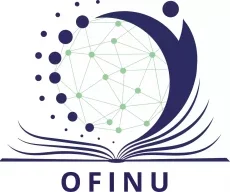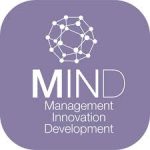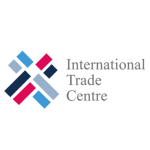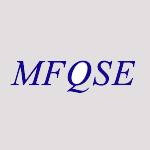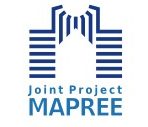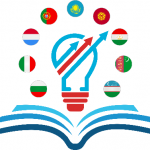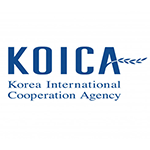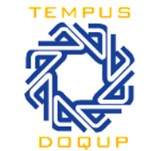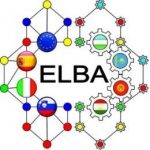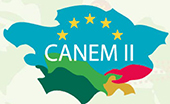Towards the internationalization of Technological University of Tajikistan (TUT)
The technological advancements of the 21st century have facilitated intercultural and educational collaborations on a global scale. However, the education system faces major challenges. The internationalization of higher education, thanks to cooperation between HEIs, is often considered a catalyst, reactive agent, or driving force of globalization. The internationalization of higher education, thanks to cooperation between HEIs, is often considered a catalyst, reactive agent, or driving force of globalization. As a result of internationalization, education has evolved into a broad range of understandings and approaches.
Internationalization has become a crucial tool for enhancing education systems in developing countries, particularly in higher education. This has been associated with the exchange of best practices and innovations. Although the international mobility of students and academics remains an essential factor for significant advancements, it has also become a symbol of development and unity. Since 2008, the Technological University of Tajikistan has taken significant strides in integrating into the international education system through participation in various programs, including TEMPUS, ERASMUS MUNDUS, and ERASMUS +.
The TEMPUS program promotes organized collaboration among higher education institutions in EU Member States and partner countries by forming “consortia”. These “consortia” carry out Joint European Projects (JEPs) with distinct goals. Such projects may receive funding for a span of two to three years. Tempus provides Individual Mobility Grants (IMGs) to individuals in the higher education sector to support their participation in designated activities abroad. These grants are available to help finance travel and associated expenses.
The Erasmus Mundus program seeks to improve higher education quality through scholarships and academic collaboration between the EU and the global community. The program’s three primary goals are interconnected with internationalizing students, staff, curricula, and research; exerting an impact on the advancement of inclusive education and specialist education needs; and establishing worldwide collaborative networks, projects, and research.
Erasmus+ is the European Commission’s program for education, training, youth, and sport during the period of 2014-2020, succeeding the earlier Lifelong Learning Program (2007-2014). As an integrated program, Erasmus+ provides additional mobility opportunities for learners and staff and encourages cooperation across the education, training, and youth sectors. Moreover, this program is easier to access than its predecessors, as it has simplified funding rules and a streamlined administrative structure.
EN

